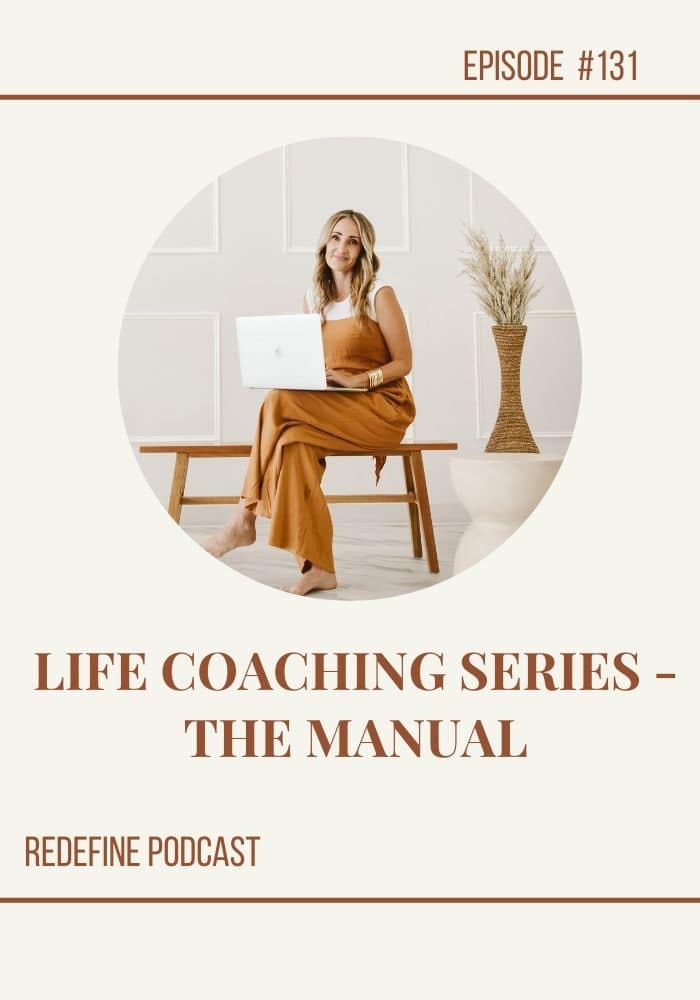
The Manual
At its core, the Manual is a set of expectations that we have for the people in our lives—partners, friends, family members, coworkers, and even strangers. These expectations are often unspoken and uncommunicated, yet we hold others to these standards as if they were aware of them. The Manual might include expectations such as, “My partner should always listen to me when I talk,” or “My friend should remember my birthday without me reminding them.” When these expectations aren’t met, we often feel disappointed, hurt, or resentful.
Often time these expectations are how we think people should act, because that is what we do. The Manual is problematic because it places our emotional well-being in the hands of others. We believe that if others would just follow the rules in our Manual, we would feel better. However, this mindset can lead to frustration because people don’t always behave in the way we want them to. More importantly, it takes away our personal responsibility for our own emotions.
The Problem with Unspoken Expectations
One of the main issues with the Manual is that the expectations are often unspoken. We assume that others should know how to behave without us telling them, which can lead to misunderstandings and conflicts. For example, you might expect your friend to know that you want them to surprise you with a gift on your birthday, because that is what you would do. If they don’t, you might feel unloved or unimportant. However, if you’ve never communicated this expectation to them, they might not even realize that it’s important to you.
Unspoken expectations can create a breeding ground for resentment. When others fail to meet the standards in our Manual, we might feel as though they don’t care about us or that they’re intentionally trying to hurt us. In reality, they might be completely unaware of our expectations.
Taking Responsibility for Your Emotions
It’s not the actions of others that determine how we feel—it’s our thoughts about those actions. By relying on the Manual, we’re essentially giving away our power to other people. We’re saying, “You need to behave in a certain way so that I can feel a certain way.”
This mindset can lead to a sense of helplessness because it places our emotional state in the hands of others. If they don’t follow the rules in our Manual, we’re left feeling disappointed or upset. However, when we take responsibility for our own emotions, we reclaim our power. We realize that our feelings are a result of our own thoughts, not the actions of others.
For example, instead of thinking, “My family didn’t call me on my birthday, so they don’t care about me,” we might choose to think, “My family didn’t call me on my birthday, but I know they care about me in other ways.” By shifting our thoughts, we can change how we feel without needing others to behave differently.
Letting Go of the Manual
Letting go of the Manual doesn’t mean that we have to lower our standards or accept poor treatment from others. Instead, it means recognizing that we can’t control other people’s behavior, and we don’t need them to behave in a certain way for us to feel good.
One of the first steps in letting go of the Manual is to identify the expectations you have for others. Take some time to reflect on your relationships and consider what rules you’ve created for the people in your life. What do you expect from your partner, your friends, or your coworkers? Are these expectations realistic? Have you communicated with them?
Once you’ve identified your expectations, consider whether they’re serving you. Are they helping you to feel connected and loved, or are they causing frustration and disappointment? If you are constantly in turmoil, it might be time to let go of those expectations.
Communicating Your Needs
While letting go of the Manual means releasing unrealistic expectations, it doesn’t mean that you shouldn’t communicate your needs and desires. In fact, clear communication is key to healthy relationships. If something is important to you, it’s okay to express that to others.
For example, instead of expecting your partner to know that you want more quality time together, you can communicate that need directly. You might say, “I really value the time we spend together, and I would love to plan more date nights.” This way, you’re not relying on them to read your mind, and you’re taking an active role in creating the relationship you want.
The Benefits of Letting Go
When we let go of the Manual, we free ourselves from the burden of trying to control others. We stop basing our happiness on whether or not people follow our unwritten rules, and we start taking responsibility for our own emotions. This shift can lead to more fulfilling and authentic relationships because we’re no longer holding others to standards they might not even be aware of.
Letting go of the Manual also allows us to appreciate people for who they are, rather than who we want them to be. We can accept that others are imperfect, just like us, and that they might not always meet our expectations. Instead of focusing on what they’re doing wrong, we can choose to focus on the positive aspects of our relationships.
The Manual is a concept that can have a profound impact on our relationships and emotional well-being. By understanding that our expectations of others are often unspoken and unrealistic, we can begin to take responsibility for our own emotions. Letting go of the Manual doesn’t mean lowering our standards or accepting poor treatment, but rather recognizing that we are in control of how we feel. Through clear communication and a willingness to take ownership of our thoughts, we can create healthier, more fulfilling relationships. Ultimately, the Manual is a tool that can help us shift from a mindset of dependence on others to one of empowerment and self-responsibility.
Join the Conversation
Let’s not stop the party here. Head on over to my Instagram or Facebook group, Redefine Your Business, and share your thoughts about today’s show. See you again, same time, same place next week!
Resources:
The Meeting Place Membership
Rock The Reels
1:1 Coaching
Free Client Welcome Guide
Additional Trainings and Resources
Connect with Brittni:
Follow me on the Gram – @brittni.schroeder
Join my Facebook Group
Visit my website
Subscribe to my Youtube








